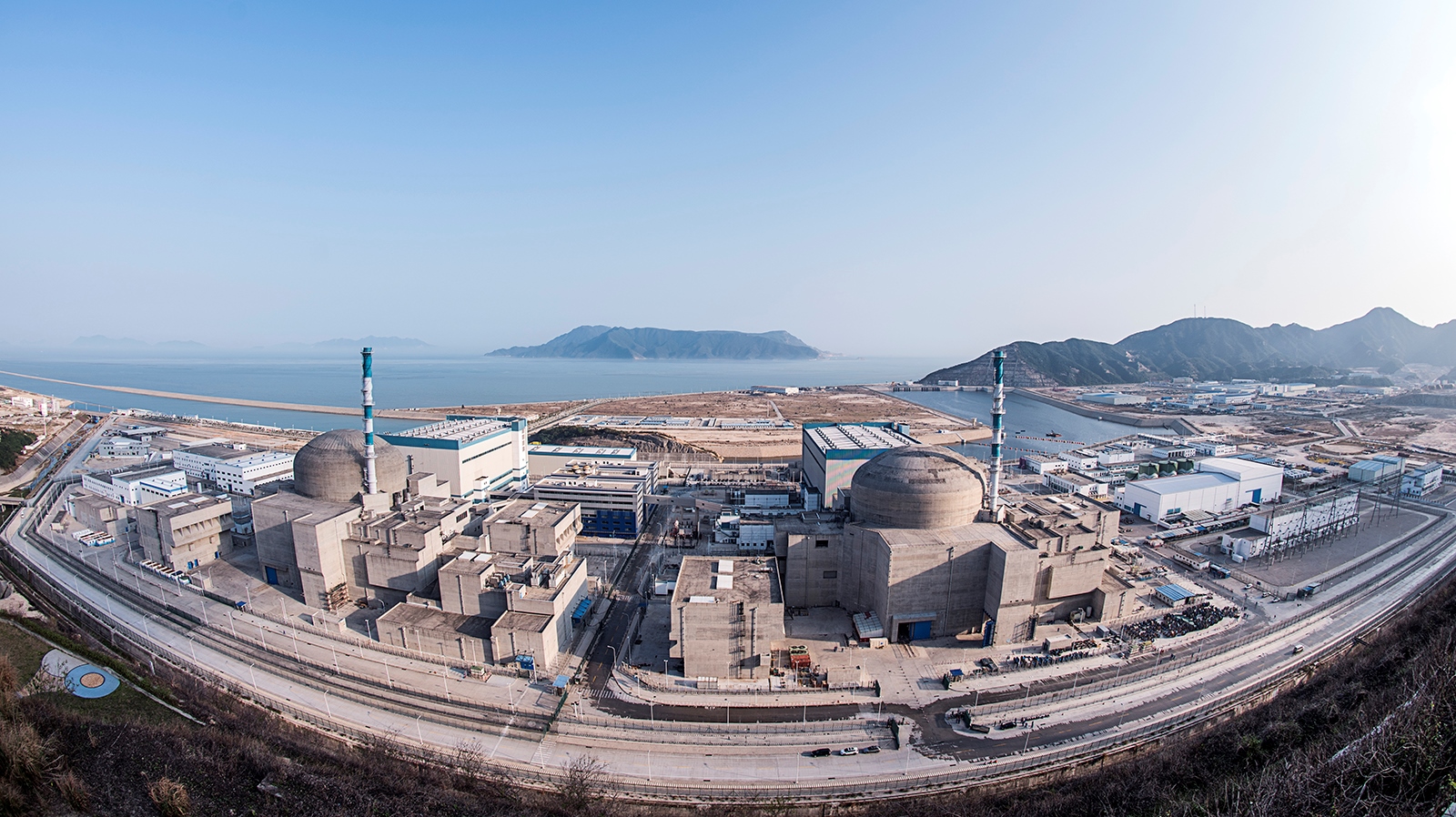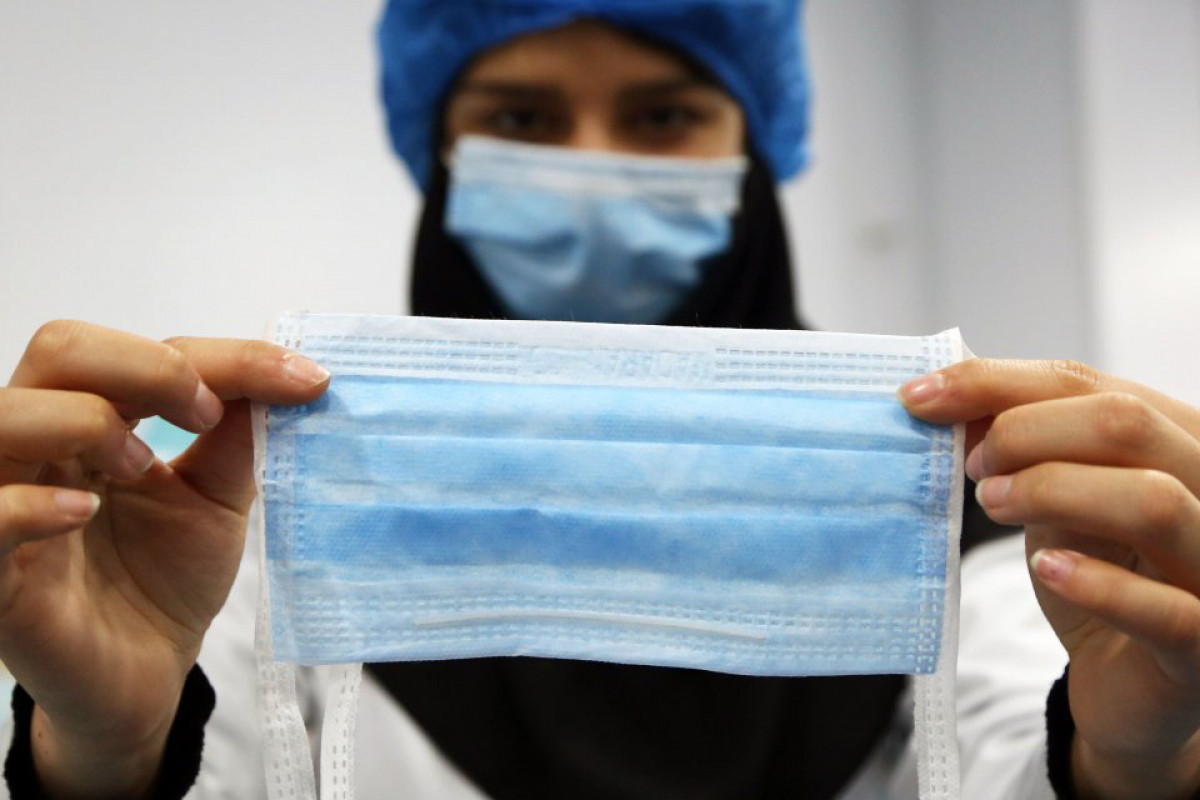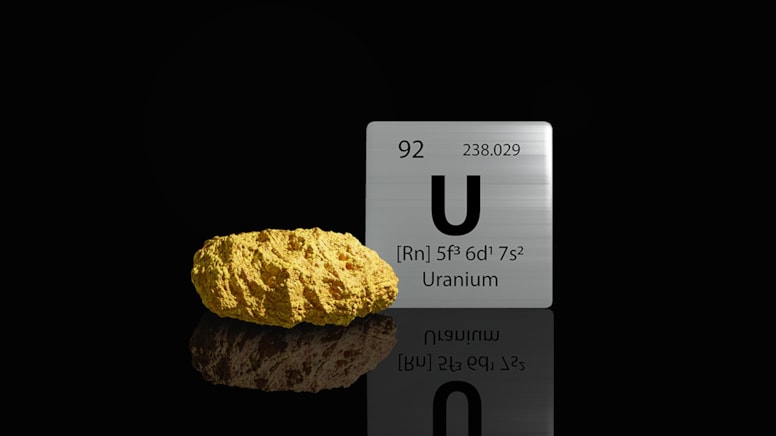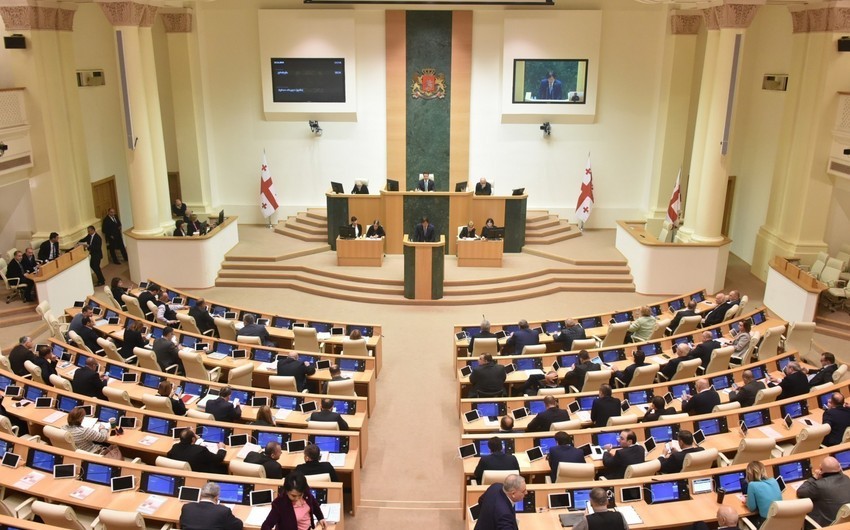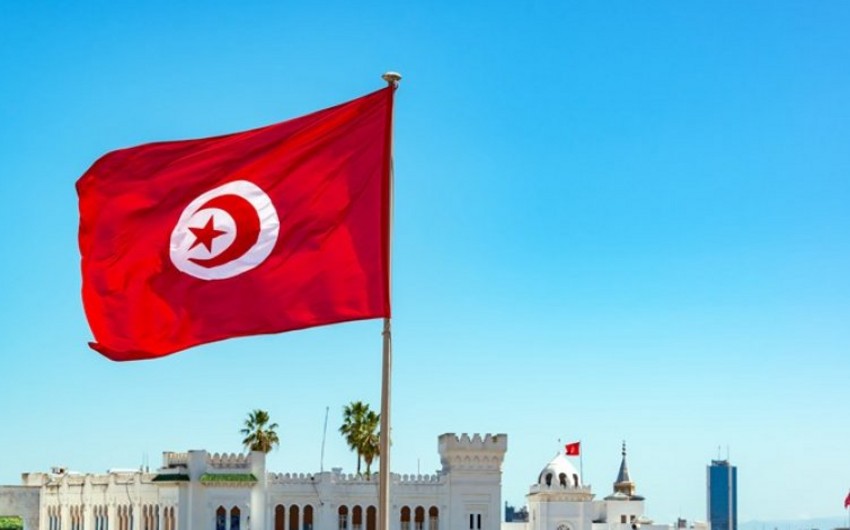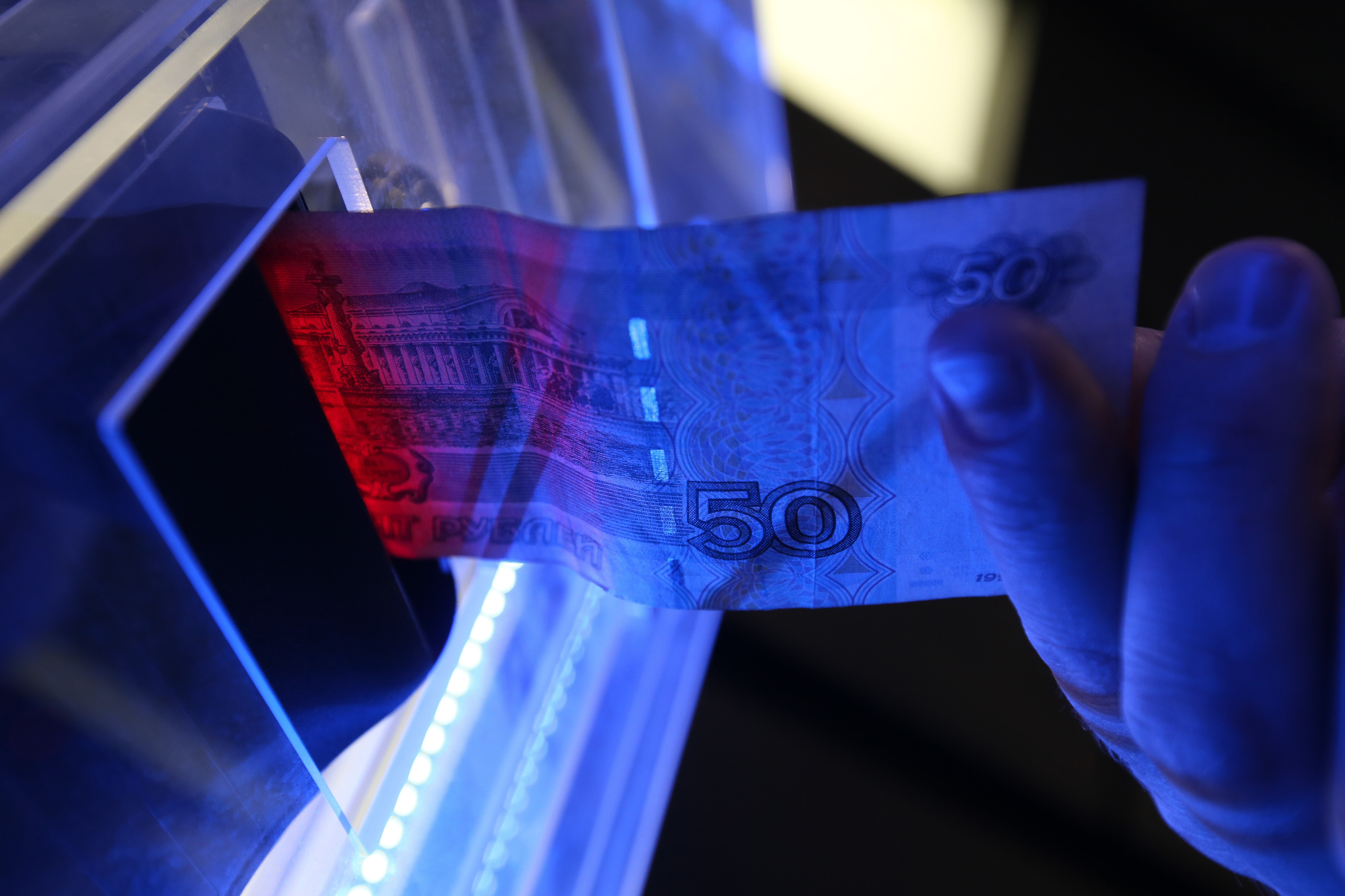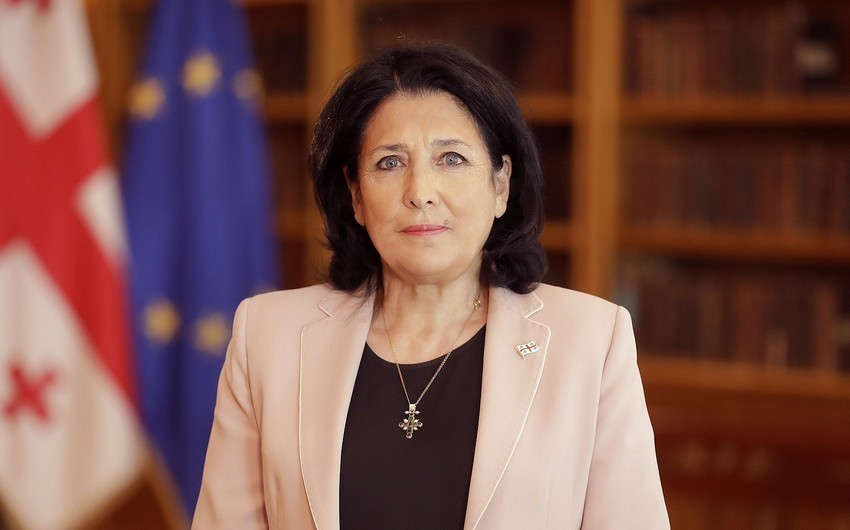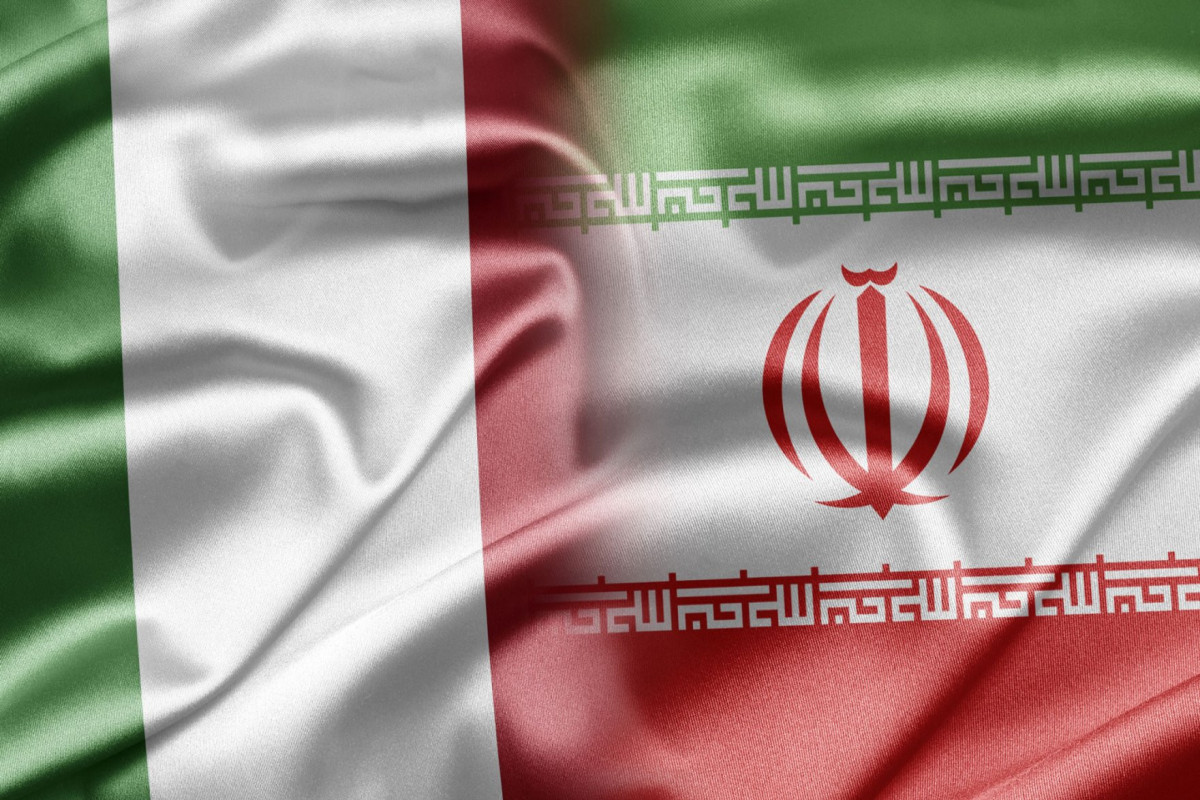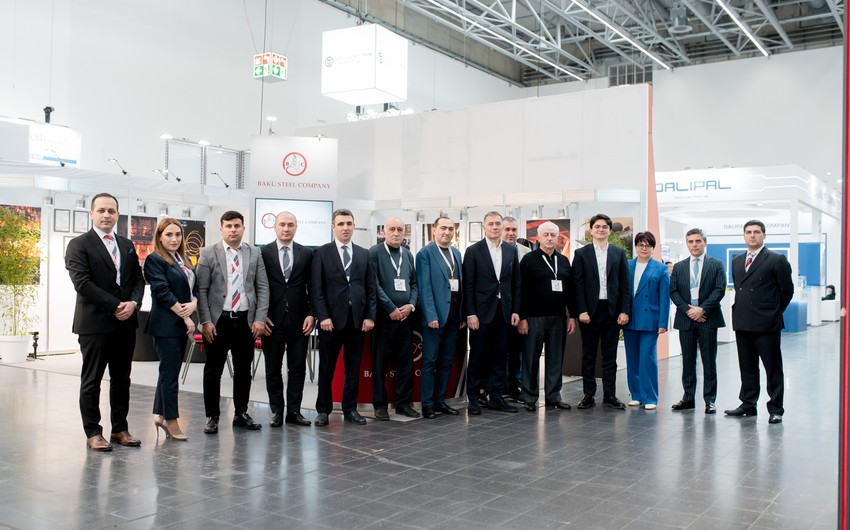From palm oil to plastic packaging, consumer awareness about sustainability issues is rapidly changing how and what we buy. But one industry has largely remained aloof – until now.
Traditionally the luxury industry has used opacity as a way to build mystique and desirability, but the younger generation of luxury consumers expects and demands transparency. Millennials matter to the luxury goods industry: they are the world’s biggest generation, and their global spending power will soon be greater than any other generation, according to forecasts by World Data Lab. They are also willing to spend more on sustainable goods, according to a 2018 report by Nielsen. A recent Deloitte report on young luxury shoppers found that nearly a third considered a brand’s ethical credentials before making a purchase. In order to seduce the new luxury consumer, the industry has to change.
Gabriel Hearst’s ready-to-wear designs, shown here at New York Fashion Week, have attracted a celebrity following (Getty Images)
“Consumers, especially the Millennials, who are the growth engine of luxury demand, are becoming more and more aware and involved in sustainability issues. Therefore sustainability choices are influencing more than their purchasing behaviours,” says luxury-industry consultant Mario Ortelli.
Change isn’t just being driven by customers, but investors too, he adds. “They, who have to put a lot of attention into the risk profile of their investments, are focused on sustainability… because a negative sustainability story can do serious damage to the brand in which they invest.”
Some companies are turning luxury waste into a business opportunity. The value of unused clothing in wardrobes has been estimated at around £30bn, according to UK sustainability organisation WRAP. It is also estimated £140m worth of clothing goes into landfill each year.
Online consignment sites are growing nearly 24 times faster than retail as a whole. The growth of luxury resale has been one of the biggest shifts in the industry in recent years. US-based consignment company The RealReal and high-end site Vestiaire Collective are among the success stories.
Julie Wainwright, who founded The RealReal in 2011, believes that consumers increasingly view buying luxury fashion as a sustainable choice: “Many consignors have ‘graduated’ from shopping fast fashion, which is harmful to the environment and doesn’t hold resale value, in comparison to buying designer fashion that is more sustainable and earns you cash back when consigned.”
Biotech company Bolt Threads creates spider silk without spiders by isolating the proteins
Wainwright says the major luxury fashion houses are beginning to understand the benefits. “Brands are starting to realise that consignment players are helping extend the reach and covetability of their brands,” she adds. “That we are part of the circular economy, and that we offer a new way to look at sustainability.”
Using unsold stock and off-cuts in production is another focus for designers looking for creative sustainable solutions. New York Fashion Week favourite Lou Dallas uses 90% deadstock and vegetable dyes to create its Gen Z-friendly collections. Waste in the fashion industry is an issue raised by Paris Fashion Week darlings Vetements. During London Fashion Week in February, Vetements turned Harrods’ hallowed store windows into a fashion-recycling dump. Harrods employees were encouraged to donate unwanted clothes to the window display – which were then sold to the National Society for the Prevention of Cruelty to Children. Accompanied by screens showing acres of clothing landfill, the installation aimed to encourage the department store’s well-heeled customers to think about buying less and to think long-term. The installation has since been repeated at upscale department stores across the world.
Osklen is among the high-end brands stocked by ethical luxury retailer Maison-de-Mode (Getty Images)
Perfume brand Etat Libre d’Orange is challenging concepts of luxury and value. In May 2018 it launched Les Fleurs du Déchet (literally translated, the flowers of waste), a fragrance created using perfume-industry waste. Developed in collaboration with Ogilvy Paris, the fragrance uses upcycled by-products including apple puree, cedar sawdust and waste rose petals.
Covetable raw materials – furs, silks, leathers, precious stones – traditionally have been core to luxury goods, but even this is changing. The World Bank estimates a fifth of the globe’s total industrial water pollution is created by textile dyeing and treatment, and major luxury players are beginning to experiment with more high-tech sustainable fibres. Burberry and Kering are among the luxury companies looking to future-proof their business by investing in the development of new materials and technologies like in-vitro leather – lab-grown cow product – and 3D printing.
Ortelli says that attitudes towards ‘luxury’ materials are changing, but there is still some way to go before they become part of the mainstream: “As soon as the technology provides products with a quality standard coherent with the high bar set by the luxury brands, I expect that we will see a fair share of the products of luxury brands made with these more sustainable materials.”
Nature’s way
In the past decade, a slew of innovative start-ups have taken on the challenge of creating lab-based luxury fabrics that are environmentally sound. San Francisco-based biotech company Bolt Threads creates spider silk without spiders by isolating the proteins, and recreating them using yeast and sugar, while French company Pili cultivates bacteria to produce renewable natural dye. Zoa bio-leather, created by US bio-fabrication company Modern Meadow, uses collagen produced by a gene-edited yeast, while pineapple waste, apple peel and mushroom are just some of the innovative materials being experimented with in the race to create luxury vegan ‘leather’. In 2017 Stella McCartney partnered with Parley for the Oceans to use recovered plastic waste from the sea to make trainers.
There is a growing sense that luxury can no longer operate in an insular bubble. Favoured by the likes of Gillian Anderson, Lena Dunham and Meghan Markle, Gabriela Hearst’s eponymous ready-to-wear brand uses sustainable production methods, and the designer also publicly associates her brand with political causes. Hearst created a sweater that she wore to the Women’s March in Washington in 2017. “I have never felt the need to silence my views… we have a moral compass and you have to stand up for what you believe in and you have to aspire to a better future,” she says. “I would prefer a business that grows organically but with integrity.”
But creating a fashion brand that is both sustainable and a luxury can be a challenge. More than half of consumers (58%) think that sustainable products come across as less luxury and more ‘hippy’, according to a 2018 report by advertising group JWT.
For us, the aesthetic of a product always comes first because if something is not beautiful, people will not want to buy it – Hassan Pierre
To win over luxury customers, sustainable values and an ethical mission cannot replace a covetable product, said Hassan Pierre, co-founder of ethical luxury retailer Maison-de-Mode, which stocks high-end brands including Osklen, Tome and Eleven Six. “For us, the aesthetic of a product always comes first because if something is not beautiful, people will not want to buy it… [but] naturally our brands have to adhere to our ethical fashion standards.”
Pierre adds that it is easier to embed new luxury brands with a sustainability-focussed business model. “I think that it’s very hard for companies that have been around 10, 20, 50 years, for them to re-structure their mode of operations to be sustainable,” he says. “They have to consider sustainability within their supply chains, their textiles, the communities in which they work”.
Tome is among the designer brands at the recent New York Fashion Week promoting ethical practices (Getty Images)
Luxury group Kering, whose brands include Balenciaga, Gucci and Yves Saint Laurent, has pledged to transform its own business, and the wider luxury industry, at every level. Unveiled in 2018, Kering’s 2025 ethical strategy states: “We see sustainability as a necessity, for sustainability and luxury are one and the same”. Initiatives include launching a WeChat programme named ‘My EP&L’ (Environmental Profit & Loss), an environmental impact measurement tool that informs consumers of the environmental cost of their purchases.
In November, Swiss luxury-goods conglomerate Richemont launched a new brand for the first time. Baume, a sister brand to its high-end watch brand Baume & Mercier, is aimed squarely at ethically minded customers. Baume watches eschew precious stones and expensive animal leathers in favour of vegan watch straps, recyclable packaging and quartz movements created with as few parts as possible, so that they can be easily disassembled and recycled. Retailing at around $500, they sit at the ‘affordable’ end of the luxury watch spectrum, but it is a positive step for a company.
Hearst, who launched her brand in 2015, believes that sustainability is about creative possibility. She estimates that 99% of textiles used in her collections are sustainable, including biodegradable viscose, and she has recently developed biodegradable packaging with Israeli bio-plastics start-up TIPA. Hearst’s wholesale business has tripled in a year. “Sustainability is a practice – it is hard at the beginning, but once you start achieving goals then you can build on it,” she says. “Restraint is good: it is counter-intuitive, but when you put limits on creativity it becomes powerful.”

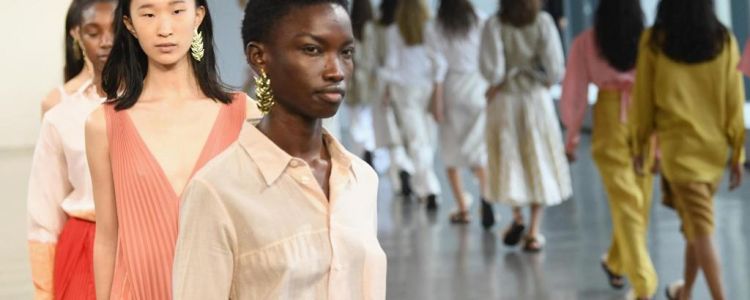








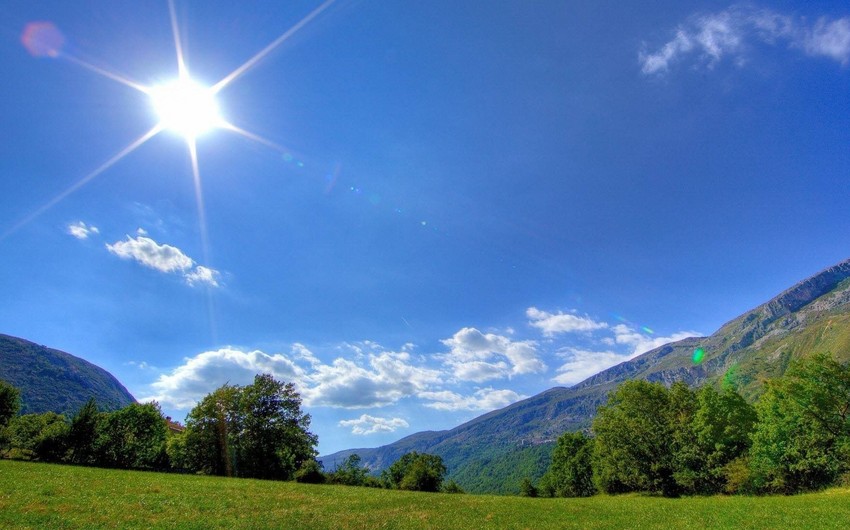






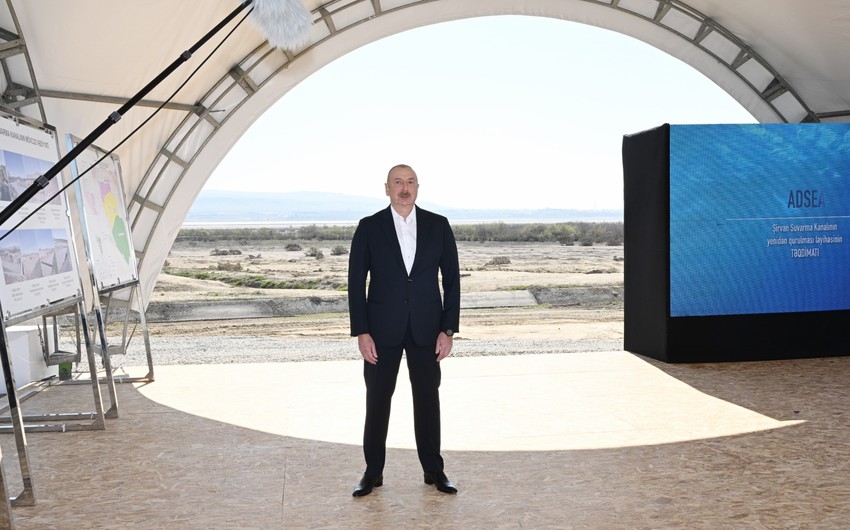
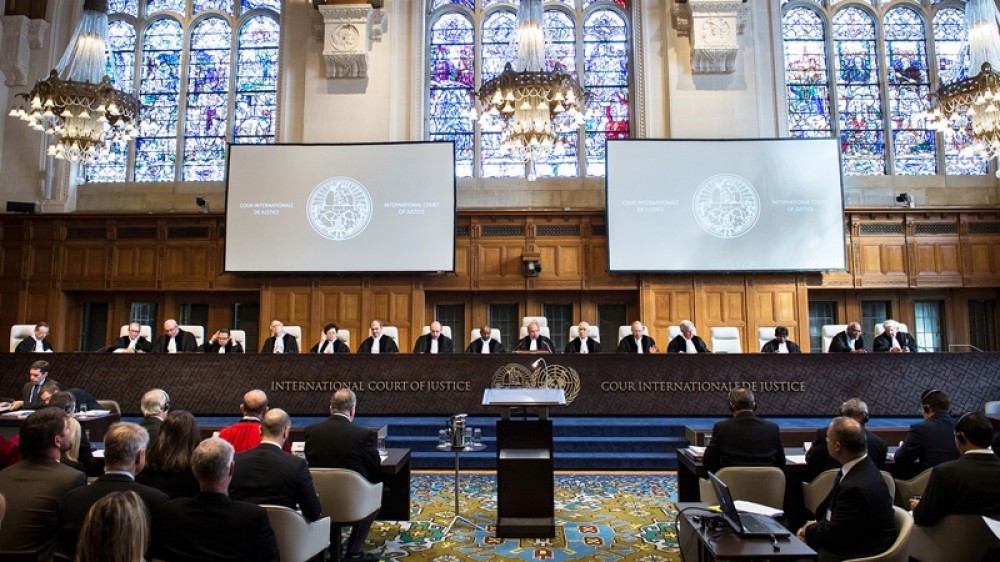
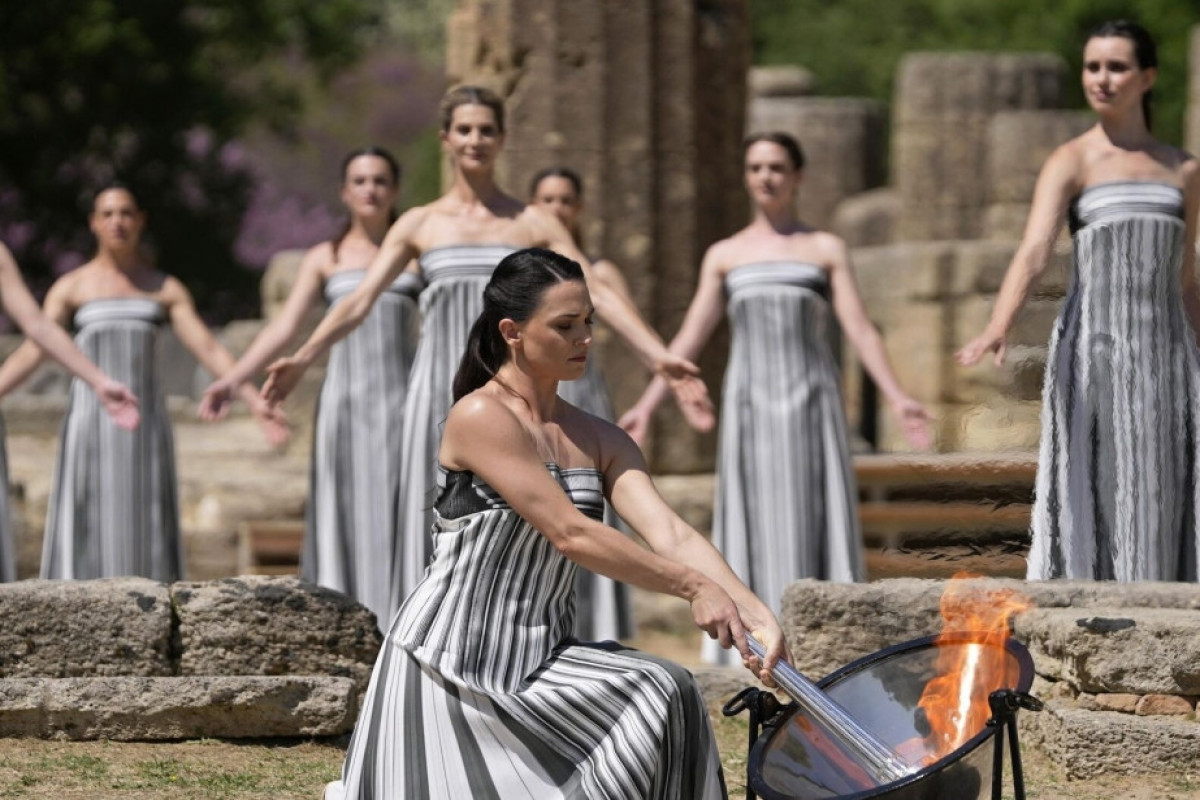
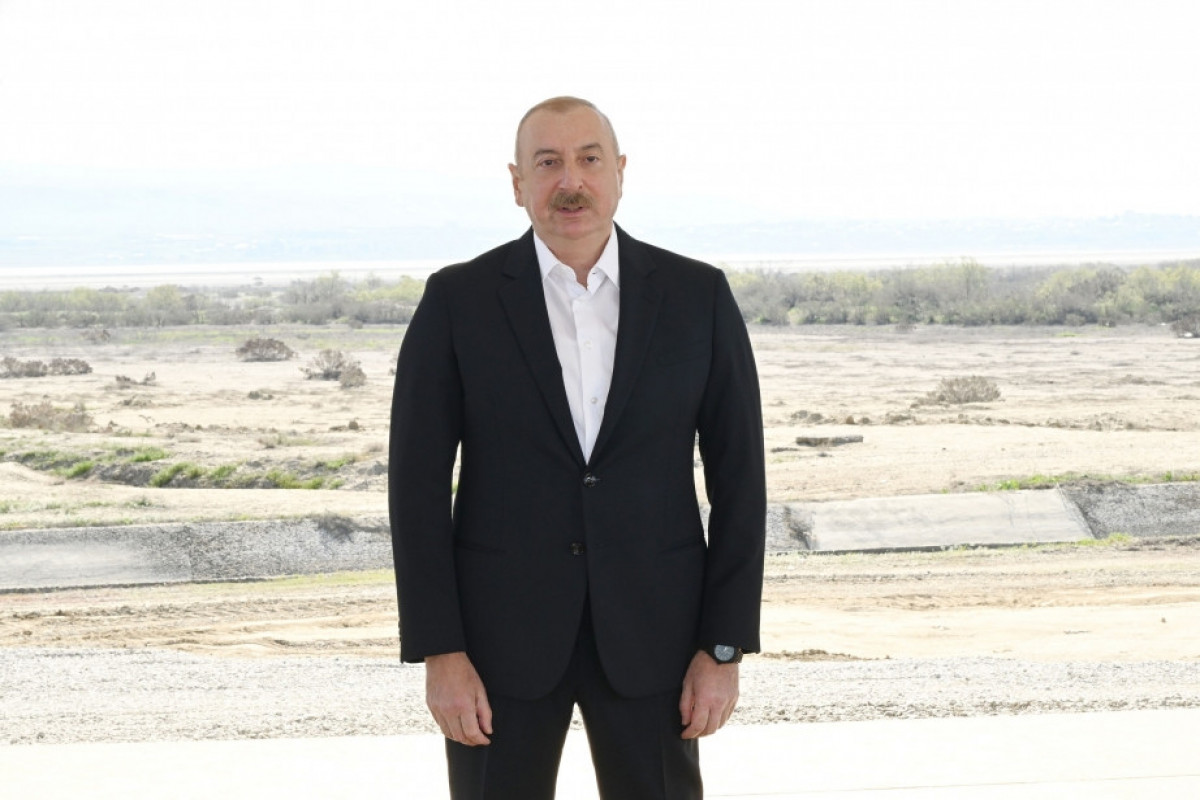
.jpg)
